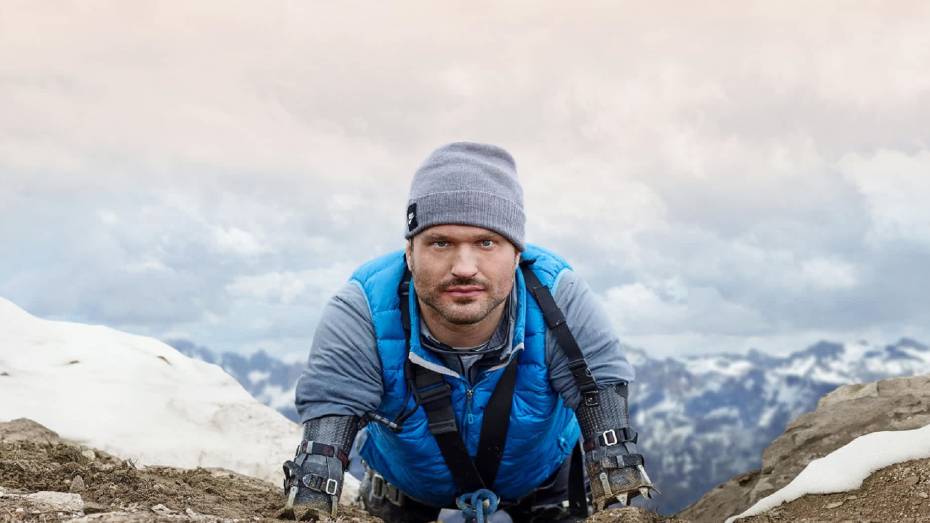“I know there are many people who, whether they admit it or not, view disabled people as inferior. We are ‘broken’ in their eyes. We are of no use, no value, and we are just running out the string on life. But I believe that we are all disabled in one way or another, including disabilities of character and personality. My disability just happens to be more visual than some.”
— Kyle Maynard
Meet Kyle Maynard, born with a rare condition called quadruple congenital amputation, i.e. completely without arms and legs, he became the first man to bear crawl to the top of the highest mountain in Africa, Mount Kilimanjaro (19,340 feet).
He is a champion wrestler, CrossFit Certified Instructor, gym owner, competitive Mixed Martial Arts fighter, world record-setting weightlifter, and the author of a New York Times-bestselling book called “No Excuses.”
Every day we’re faced with a choice – do we want to live within the confines we’ve set for ourselves or do we want to try to surpass them?
“What’s cool about Kyle, and the thing many people don’t understand, is the mindset he has,” says Dan Adams, his Kilimanjaro climbing partner.
“Kyle has a gift to accomplish any goal he sets out to achieve. The key ingredient is not letting the fear of failure or a perceived limitation sabotage the first attempt, something Kyle has had to fully grasp to master simple, daily tasks. If a person can apply this formula in their own lives, can you imagine the power? It has nothing to do with disability or altruism and everything to do with showcasing the power of the mind.”

Here’s his best advice about personal achievement, work-life balance and setting goals.
“Work smarter and harder”
Maynard, who considered his father a source of inspiration growing up, says that he knew from a young age that his disability would lead to “disadvantages.” But that didn’t stop him. “I’d just work that much harder,” he says. “I’d stay after wrestling practice or weight lifting and do that extra work and just put in that extra time.”
Maynard even has a mantra he tries to follow. “I’m a big fan of ‘work smarter, not harder,’ but I think it’s like, ‘work smarter and harder,’ sometimes,” he says. “I just notice that people do those extra things for a multitude of reasons due to their level of commitment and commitment shows in their results.”

Failure teaches more than success
“I believe there’s a lot more to be learned from failures than when everything goes right,” says Maynard.
He considers failure to be a spectrum. “You have the little failures and the bigger screw-ups,” he says, but there are also things you “need to stop doing right away.”
In those instances, he says, it can be difficult to quit, although you may be better off in the long run if you do.
Surround yourself with those who add value
This suggestion comes from Maynard’s experience working with Fortune 500 executives and entrepreneurs as a motivational speaker. “There’s not one personality that dominates the group,” he says. “It’s really a mix of introverts and extroverts. It’s all types of different mindsets.”
But all the business leaders he speaks with have one thing in common: A “fervent desire to solve problems.”
“I think the people I want to associate most are more concerned with providing value to people than just to shareholders or their bottom line,” Maynard says. “It’s such an eclectic mix of people.”
Blend work and play
Maynard says he’s a fan of work-life balance but doesn’t think there necessarily needs to be a separation. It’s “an awesome thing,” he says, but “I want to aspire to blur the lines between work and play much more.”
He adds, “The less we can differentiate between work and play, it actually leads to a life well-lived.”
“No Excuses: The True Story of a Congenital Amputee Who Became a Champion in Wrestling And in Life”
“You never conquer a mountain. You stand on the summit a few brief minutes, and then the wind blows your footsteps away.”
